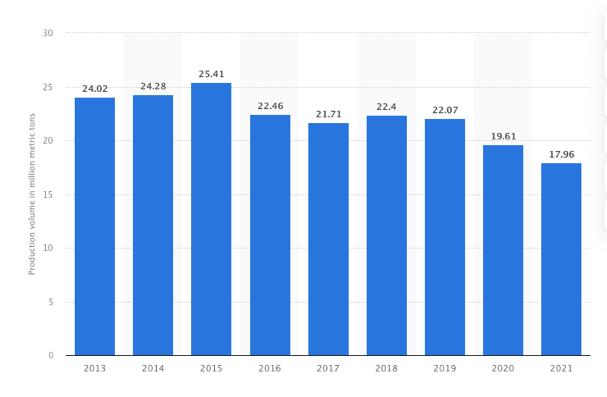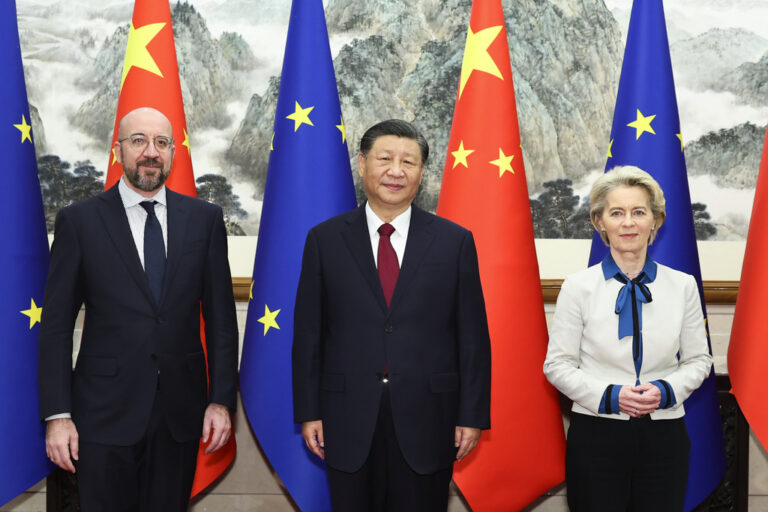Frankfurt, Atlanta (23/11 – 10)
Potatoes are a serious matter.
The lowly potato does in fact have a lengthy and exotic history, being grown as a food crop, or domesticated, around the border of Peru and Bolivia over 7000 years ago. Maybe you just purchased some of those 7500-year-old taters and wondered why they taste funny.
The potato was brought to Europe in the 16th Century, following other such appealing imports as bananas, cacao, tomatoes, maize, corn and squash. Ask an average European and he or she would likely claim these as native to their country.
A wholesome tuber rich in vitamins, minerals and fiber, the “spud” became immensely popular throughout Europe as a monoculture crop, in the 19th Century – until the scourge of a potato blight led to over two million deaths from starvation in the 1850s, mainly in Ireland but also across the Continent.
The Russians have always enjoyed potatoes; while they are forced to put up with one of the most inhospitable climates in the world, they find potatoes a most amenable staple. They became widely grown in Russia by 1800, mostly in garden plots – then the tragic grain harvest failure in 1838–39 forced both peasants and landlords in central and northern Russia to turn their attention to raising potatoes, to survive. Potatoes have long played a crucial role in Russian cuisine and culture, as a versatile and affordable vegetable; they thus became a “lifeline” for many Russians when times were tough.
Potatoes have also been the subject of uprisings. In the late 19th century, a rebellion by Russian peasants angered about the high taxes imposed on potatoes led to the so-called “Potato Uprising”.
Also, “Potato riots” were a movement against serfdom organized by imperial peasants in 1834, and of state peasants in 1840–44, in the Russian Empire. The peasants did not appreciate being forced to grow potatoes.

(in million metric tons)
Unfortunately, over the past decade or so, the vast Russian potato harvest has encountered hard times, recording a decline of some 30% since the 24m metric ton harvest of 2018, down to around 17m tons in 2023. Considering how food self-sufficiency has been highlighted as an urgent priority in Russia (along with many other countries around the globe), this is troubling.
Thus the recent attempt to secure a sizable supply of potatoes from the People’s Republic of China, which has in fact enjoyed bounteous harvests in 2023. Russia’s annual import of potatoes and potato products stands at some US$200-400 m, depending on the season, including sourcing from Poland, the Netherlands, Germany, Belgium and others. If they attempt to “punish” Russia for its Special Military Operation in Ukraine (also a big potato producer, although with little surplus left over for export) then it makes more sense to turn to China, which is already cooperating with Russia in numerous fields of business and military hardware.
The PRC already exports a sizable volume of potatoes to Vietnam, Malaysia, Myanmar, Thailand, Singapore, Hong Kong, Macau, the Russian Federation, Brunei and Timor-Leste, rising year by year to a 2022 figure of over 220,000 tons. This includes refrigerated as well as fresh potatoes.
Contrast this to the Mao era, when the citizenry were starving to death on account of Chairman Mao’s insane communal policies. During the so-called “Great Leap Forward”, some 40 million peasants starved to death. You will not find any mention of this catastrophe in contemporary textbooks in China, by the way, while the smiling piggy-face of the murderous Great Helmsman still beams out over Tienanmen Square.
Some leap!







